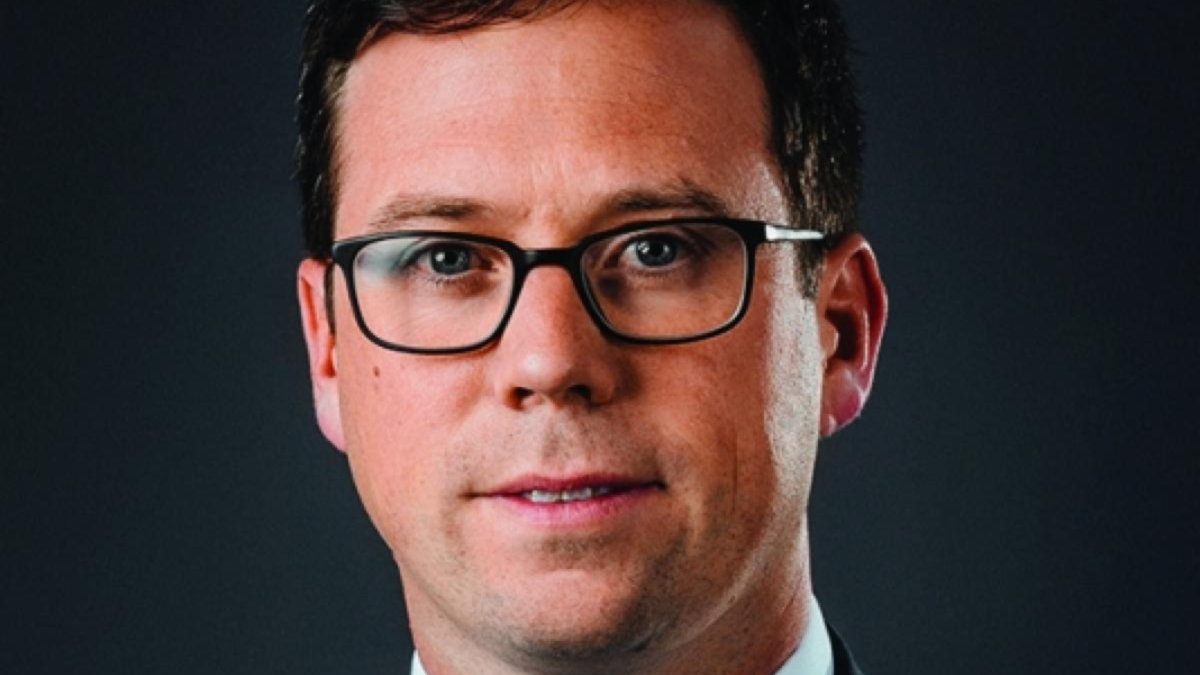David George becomes Magellan’s $100 billion man
About halfway through Magellan’s AGM – an AGM that was relatively polite, given the events that preceded it – one investor asked a question that most in attendance would have been dying to get an answer to: investment strategy aside, how much of Magellan’s previous success was predicated upon Hamish Douglass’ personal appeal to institutional investors?
New CEO (and, as of this week, CIO) David George will be hoping that it was very little as he seeks to return Magellan to the lofty heights from which it has fallen in the last two years, though he conceded that Douglass’ departure might have something to do with the outflows in its immediate aftermath. But chairman Hamish McLennan had an answer too:
“There was no doubt that he was a charismatic leader who worked really hard and was committed, as the co-founder of the business over the long term and that impressed a lot of institutional clients – they loved him,” McLennan said. “But at the end of the day, performance is what counts – nobody is going to give you a whole lot of money because they just like you. And our performance was lagging so there was no doubt pressure on the business in that regard.”
It’s a somewhat unsatisfactory answer, given that some of Magellan’s inflows were, in part, predicated on the fact that people just liked Douglass, who built up a reputation – deserved or otherwise – as an antipodean Warren Buffet. It’s not for no reason that Douglass donned a Steve Jobs costume for marketing efforts and entertained investors with former CIA deputy director Michael Morrel, to say nothing of his digressions into virology during the Covid pandemic. It was remarked in the media that George’s appointment had seen Magellan “ditch the rock star and bring in the cardigan”.
But the other part of McLennan’s answer was true enough: in the post-Hamish world, nobody is going to give you money without a track record that suggests you can make something of it. And returning Magellan to $100 billion in FUM, as George promised during the AGM, likely will require the cardigan, though his outlook for the company’s future was not entirely empty of big picture items.
George is planning growth in Magellan’s three primary investment capabilities – the Core Series, energy transition funds, and small cap Australian equities – and is plotting the launch of new capabilities, with an eye to investing in “experienced, quality teams” and replicating the success of Airlie. Once performance has seen some turnaround, Magellan will look towards areas like private markets with the understanding that “allocation to this segment is growing in (its) clients’ portfolios”.
In the future, George says, Magellan will be less dependent on its global equities business, though he’s “bullish active management” (a stark change from his former outfit, the Future Fund, which was never particularly hot on it in equities).
“The next 10 years will not be like the last,” George said. “Inflation exists again and its persistence means central banks are no longer in sync and this is creating cycles – monetary policy cycles are back. Further, the long cycle of globalisation is showing signs of reversal, and the calm environment for geopolitics would seem to be shifting to one of competition, and in some cases conflict. This is not an environment where a rising tide lifts every boat.”
Only time will tell if George can lift this one.











